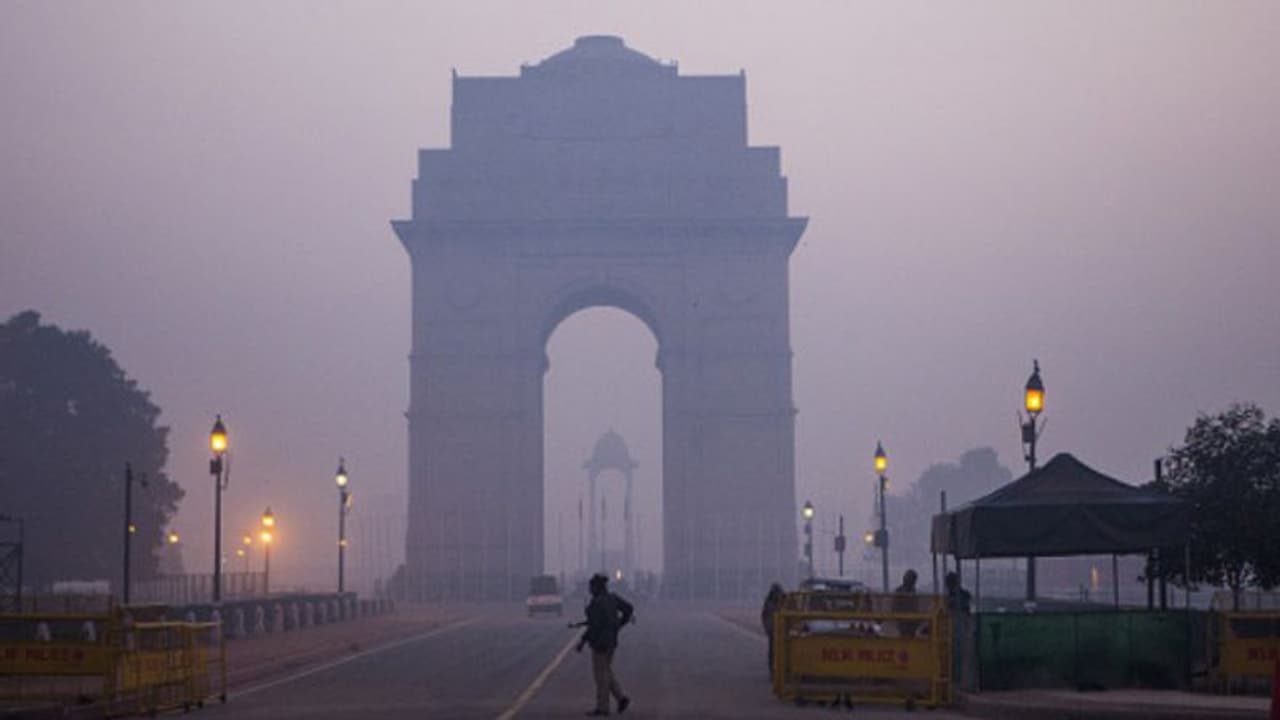SC said it cannot fix Delhi’s air pollution with a ‘magic wand’ and stressed that only domain experts and scientists can find real solutions. It said pollution has many causes, not just one, and needs regular monitoring.
The Supreme Court on Thursday said that it cannot solve Delhi’s rising air pollution crisis overnight and that the court does not have a ‘magic wand’ to clean the air. Chief Justice of India (CJI) Surya Kant made the remark while hearing the matter on Delhi NCR’s air quality, which continues to stay at unhealthy levels.
The CJI said there are many different reasons behind the poor air quality in the national capital. Therefore, it is only domain experts and scientists who can study the problem properly and find practical solutions.
Court stresses limits of judicial intervention
During the brief hearing, CJI Kant said judicial bodies have their limits when dealing with pollution. He explained that the court can give directions, but it cannot create instant clean air.
‘What magic wand can a judicial forum exercise?’ he asked. He added that the situation in Delhi NCR is hazardous and needs serious attention. But he pointed out that it would be wrong to think there is a single reason for the pollution. Instead, several factors contribute to it.
He said experts must identify these individual causes and suggest practical solutions for each region. The court then asked what steps the government has taken so far and what committees or expert groups have been formed to deal with the problem.
Amicus Curiae calls it a ‘health emergency’
The remarks came after Amicus Curiae (court-appointed lawyer) Aparajita Singh urgently mentioned the matter. She said the situation in Delhi NCR is alarming and is nothing less than a health emergency.
She requested that the matter be listed at the earliest so the court could monitor it more closely. The bench, which also included Justice Joymalya Bagchi, agreed with her concerns.
Court calls for regular monitoring
CJI Kant also said that the case is usually taken up only during the Diwali season in a ceremonial way. He said the matter must be monitored regularly, not only during festival months. The bench then agreed to list the case for a detailed hearing on Monday, December 1.
“List this on Monday and let us see what we can do,” the bench said. CJI Kant added that the court would examine the issue on a regular basis going forward.
Previous orders and ongoing concerns
The Supreme Court had earlier allowed the use of only green crackers during Diwali in Delhi and surrounding districts. But pollution levels still rose sharply, and many health experts have advised people to temporarily move out of Delhi if possible.
Earlier this month, the Court had also asked for a status report from the Commission for Air Quality Management (CAQM). This came after the court learned that many air quality monitoring stations in Delhi were shut during Diwali.
The top court had further sought reports from Punjab and Haryana on the steps taken to stop stubble burning, which is known to be one of the many causes of poor air quality in north India.
On November 17, the Supreme Court asked the Delhi government to file an affidavit explaining what kind of equipment it uses to measure the Air Quality Index (AQI) and how efficient these machines are.
Current air quality levels
According to the Central Pollution Control Board (CPCB), Delhi recorded an AQI of 349 at 7 am on Thursday, which falls in the “very poor” category. Such levels can affect breathing and pose a serious risk, especially to children, older adults and people with lung or heart conditions.
Supreme Court to resume hearing on Monday
The Supreme Court has now agreed to hear the matter again on Monday and said it hopes the government has prepared some concrete steps. The CJI emphasised once again that experts, not courts, must lead the search for real solutions to Delhi’s pollution problem.
